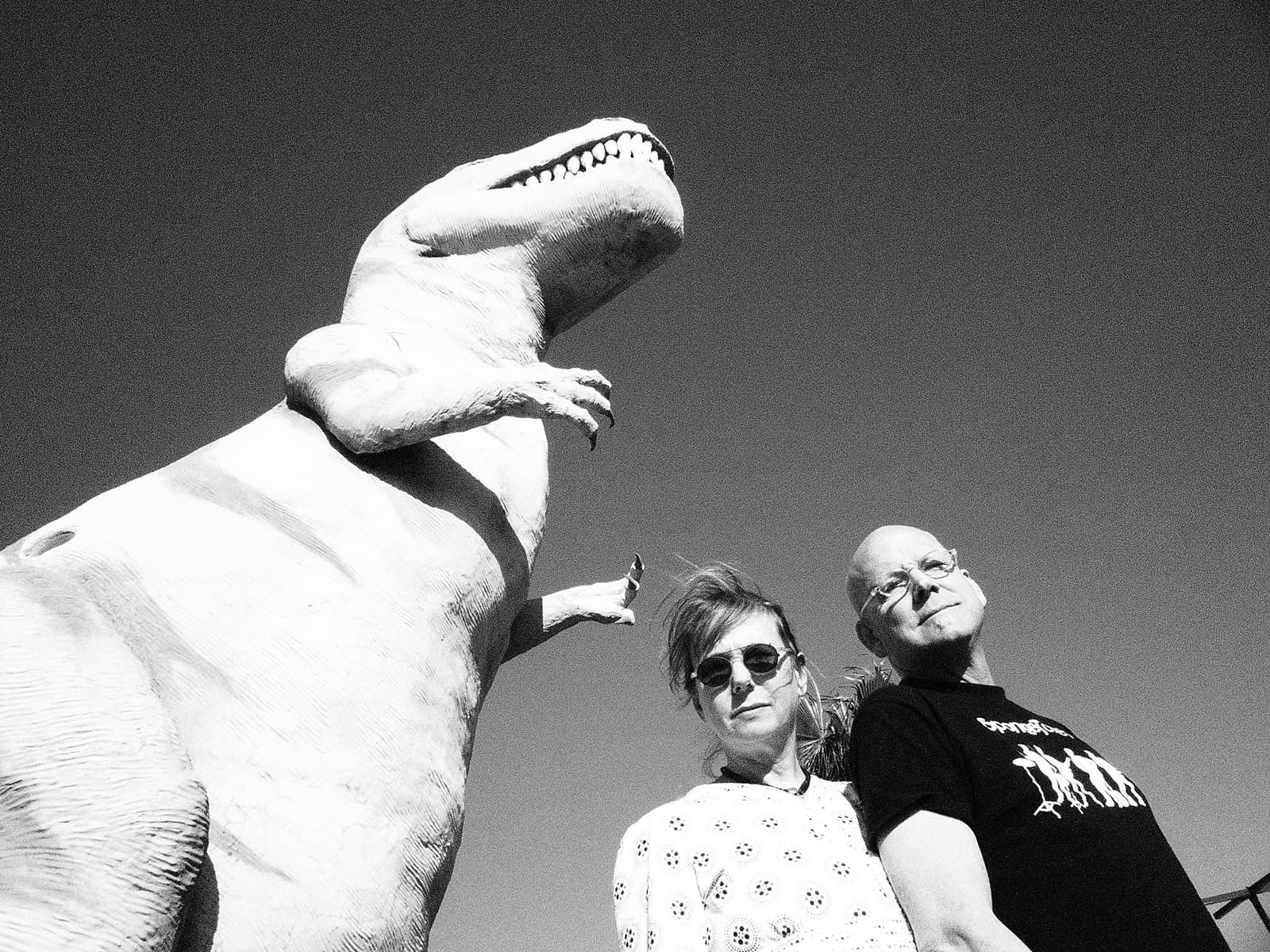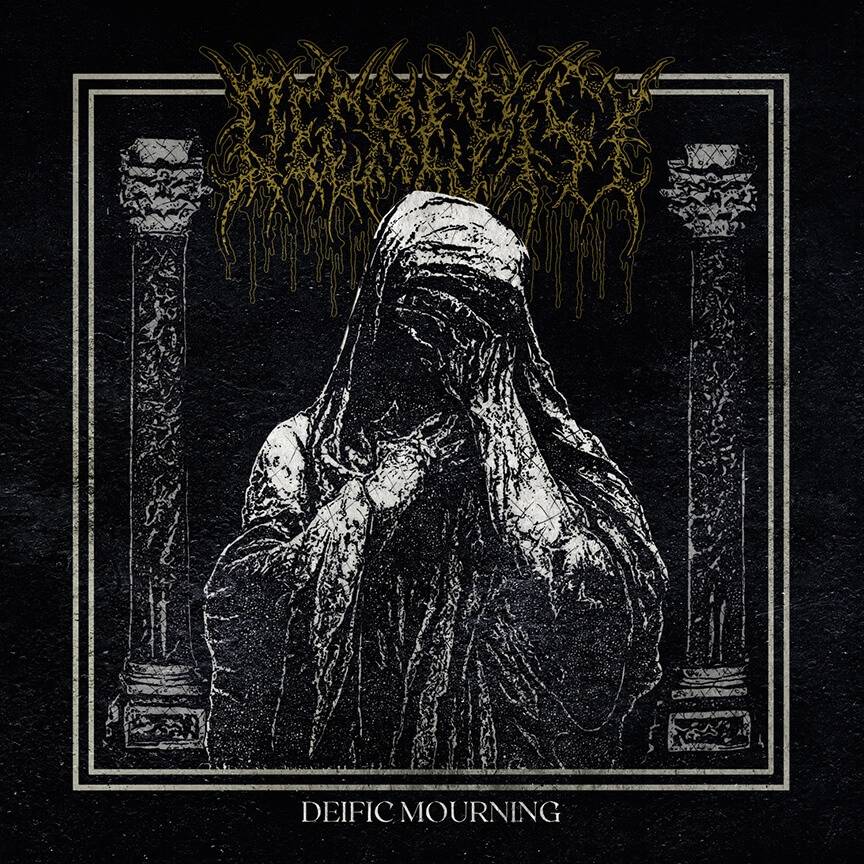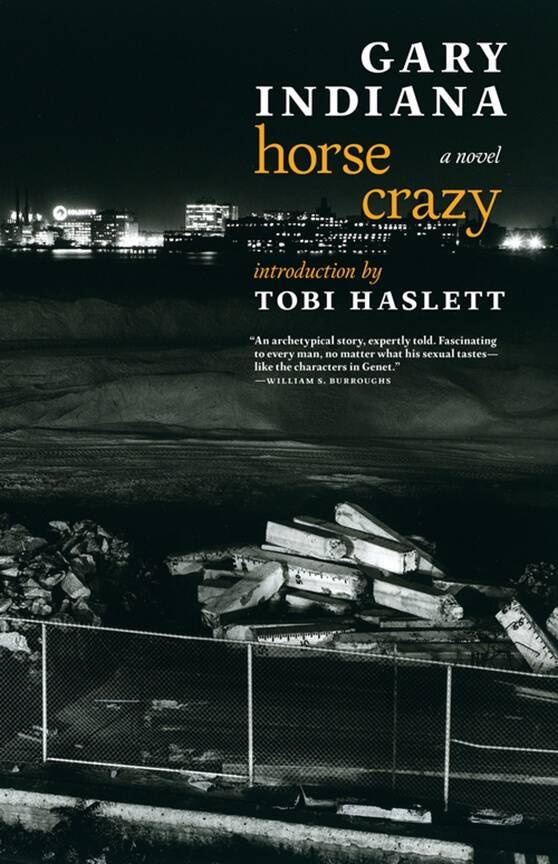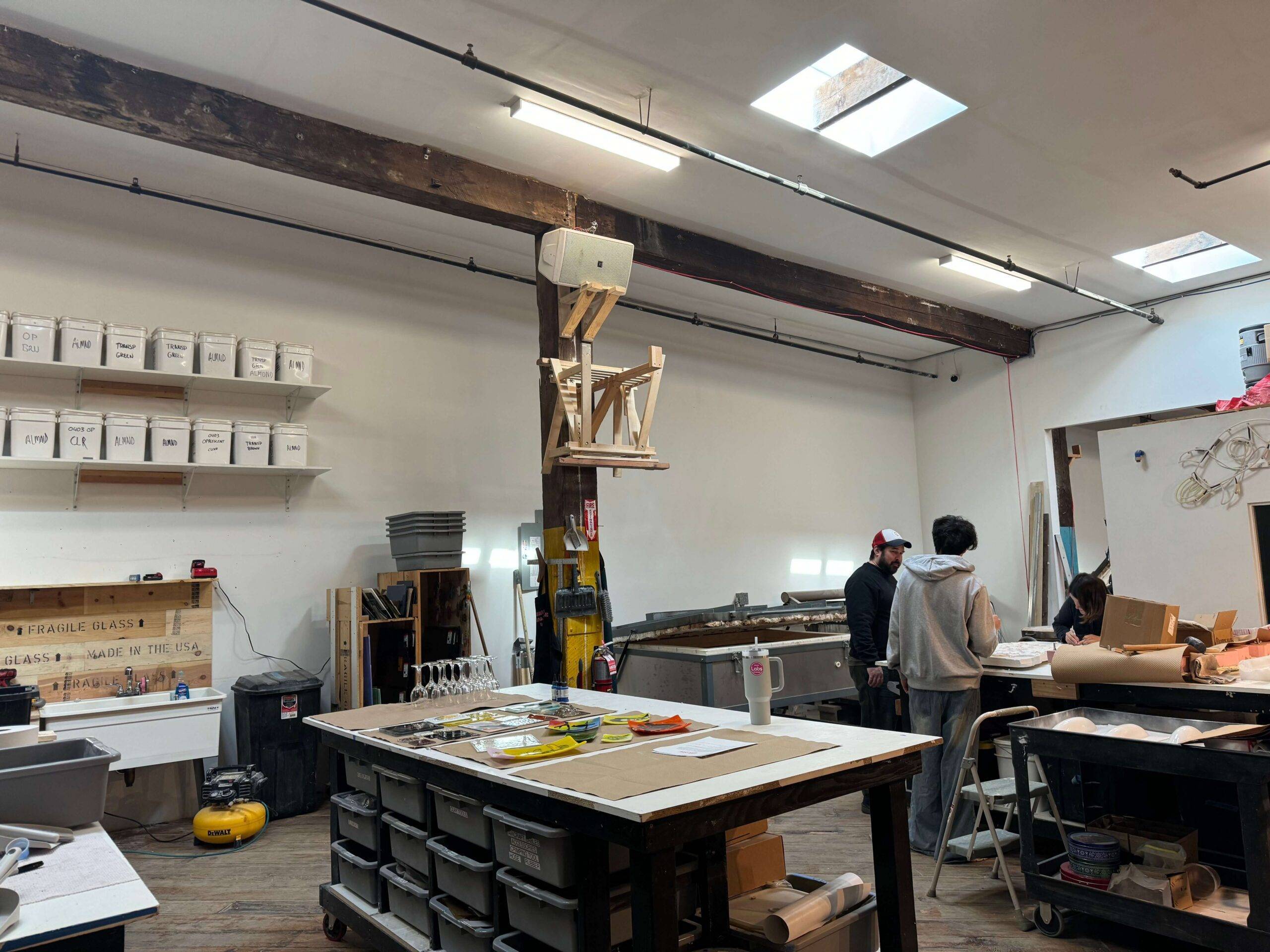To music aficionados and dedicated album-liner-note-completists, the names Don Dixon and Marti Jones should be instantly recognizable. In the 1980s Dixon produced albums from seminal indie acts Guadalcanal Diary, Dumptruck, New Jersey’s Smithereens and co-produced early albums for R.E.M. with Let’s Active’s Mitch Easter. It’s of note that Dixon was one of several producers considered to produce Nirvana’s breakthrough album Nevermind along with Scott Litt (who also produced R.E.M.) but ultimately lost out to Butch Vig. You can’t win ‘em all.
Dixon’s production work continues today, most recently working with the Gin Blossoms on their Mixed Reality album, once again teaming up with Mitch Easter; and on his own solo projects and with his wife of 31 years, singer and accomplished painter Marti Jones.
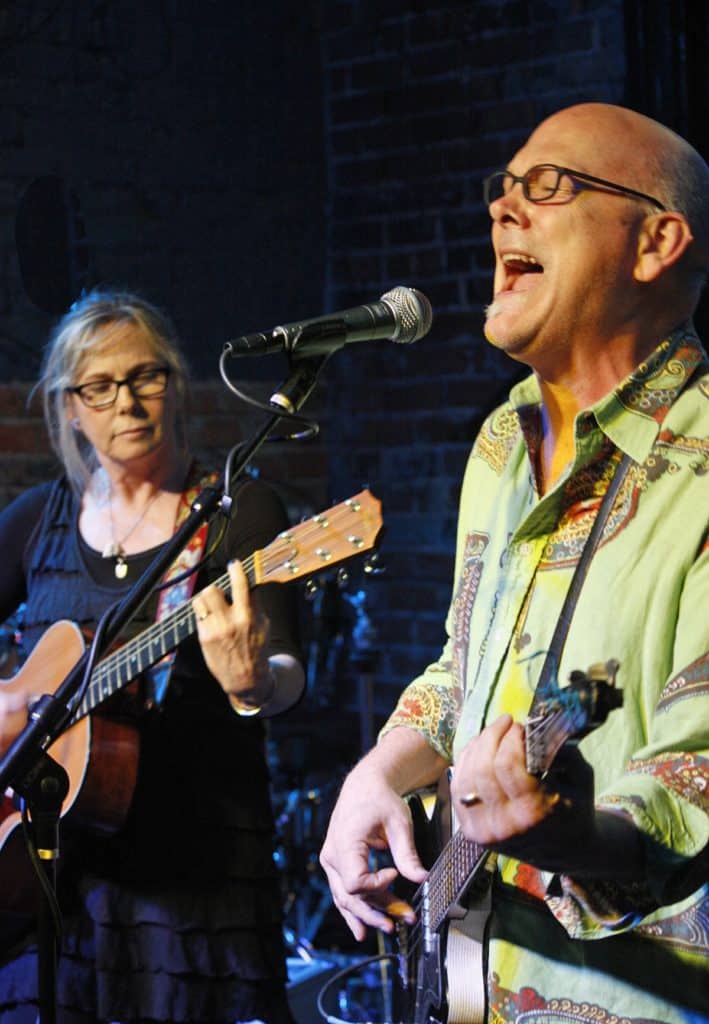 Jones recorded several albums for A&M and RCA in the 80s and early ‘90s (produced by Dixon) that delivered an indie-tinged, country-rock sound. Think if Dusty Springfield made a Lucinda Willams album that was produced by Don Dixon and you get the picture!
Jones recorded several albums for A&M and RCA in the 80s and early ‘90s (produced by Dixon) that delivered an indie-tinged, country-rock sound. Think if Dusty Springfield made a Lucinda Willams album that was produced by Don Dixon and you get the picture!
In addition to production, Dixon’s songs have been performed by artists such as Joe Coker, the Counting Crows, Hootie and the Blowfish and Marshall Crenshaw. He’s one of those guys that when you start digging through his credits on Discogs, you’ll start finding his name pop up in all kinds of familiar musical places. And in many cases, with the husband-wife connection, you’ll find Jones’s name right alongside Dixon’s.
And it’s as a duo that Dixon and Jones will be performing at NYC’s Rockwood Music Hall Stage 3 on Saturday, October 5. As a lead-up to the show I had the chance to ask the Ohio-based couple a few questions:
Is the NYC show part of a dedicated tour you’re doing together? When was the last time you performed here?
Dixon: We’re doing a short run down the East Coast. Boston, Beacon, NYC, Philadelphia and D.C. The City Winery in 2015 is the last show in the city I can remember but we played Englewood, NJ, a few years ago.
Is there anything in particular about NYC you like or have a memory of that relates to a previous musical experience here?
Dixon: We used to play the Bottom Line twice a year. Miss that place. I started coming to New York in the mid-70s when my band signed with [record label] Vanguard. We lived in the Chelsea Hotel while we made that record and the Lower East Side was a war zone. Flaming cars, garbage strikes. A colorful, magical place. My kind of town as the song says.
Jones: I’ve had the most magical career moments in NYC. I hopped in a cab one night to go to the Bottom Line where I was opening a run of shows with Richard Thompson. When I told the driver where I wanted to go, he asked if I was Marti Jones. I felt like a star.
What material will you be playing? Is it old or new, a mixture of songs from both of your repertoires, or do you have a new album coming out?
Dixon: We have decided to play a variety of songs from our records. A mish-mash of stuff.
Jones: Yes, we’re drawing on material from each of our individual records as well as our one duet record [Living Stereo].
Don, will you be playing bass guitar, and is that instrument your favorite to play?
I look at myself in the mirror and see a bass player. My first instrument was trombone but I picked up bass soon after. I didn’t start on guitar. I was drawn to bass at an early age and that’s what I saved up my pennies to buy. A little black Silvertone Danelectro bass from Sears. I bought it in 1964 for $79.95 and that’s the bass I play with Marti. I’ll pick up the guitar on a few songs, too.
And any artists or releases you’ve been producing lately that we should keep an eye out for?
Mark Bates, a young singer-songwriter from West Virginia. Austin Walkin’ Cane, R&B singer from Cleveland. I just finished a record of songs I wrote with a guy named John Bare “The Lassie James Songbook, Volume One”. I wrote music to lyrics he had written for his novel, The Fair-Skinned Brunette with the Porcelain Shine. I put together a band of NC folks for this and recorded it in Mitch’s [Easter] studio in Kernersville. My buddy Jeffrey Dean Foster sings them.
Marti, how does your painting interact with your music? Or are they completely separate entities? Do you find it more challenging to write a song or finish a painting?
Jones: They’re completely separate. It’s why I had trouble painting before I was more grounded at home while tending our daughter. It was during those years that I was able to have the inclination to pick up a brush and not have to worry about leaving a painting the next day. It’s definitely more difficult for me to write a song.
Also, any thoughts on the infamous Universal fire where supposedly many master tapes were lost, including Marti’s output for A&M?
Jones: It’s sad, not just for my stuff that was lost, but for the entire mass of musical history that perished.
Did you guys ever have any plans to remaster and re-release those recordings via your own label, Dixon Archival Remnants Records?
Dixon: We actually re-issued [Marti’s 1985 album] Unsophisticated Time on CD as a limited run in the early days of this century. A&M never had an American CD release of that album. We haven’t been able to get permission to release any of Marti’s other stuff… or most of my older solo records either.
To hear more great stories and songs from Don and Marti at Rockwood Music Hall on October 5th, head over to Eventbrite for advance tickets before they sell out!

